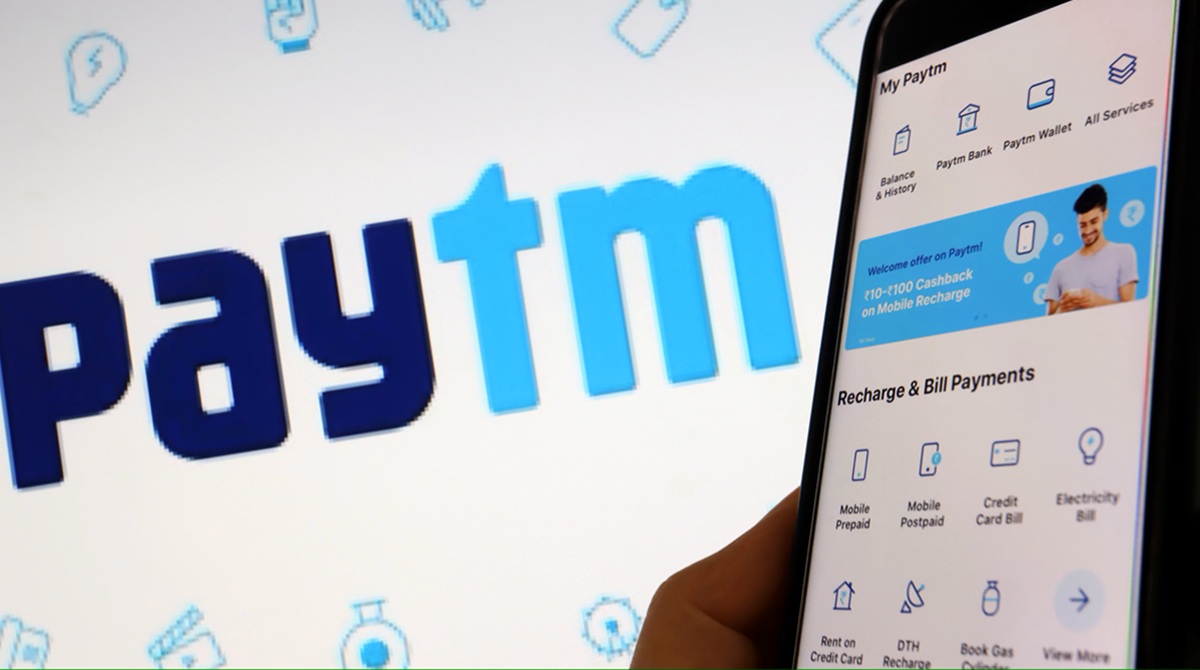One97 Communications Ltd, the parent company of Paytm, has navigated a tumultuous year filled with obstacles but is now poised for a significant upswing. After facing stringent restrictions imposed by the Reserve Bank of India (RBI) on its banking division, Paytm Payments Bank (PPBL), experts predict a brighter future for the fintech giant. Ishan Tanna, an equity research analyst with Ashika Institutional Equity, noted, “The company is gearing up to reach EBITDA breakeven by the fourth quarter of FY25, with sustained profitability anticipated in FY26.” Despite potential hiccups, such as minor losses during peak consumer onboarding phases, Paytm is well-equipped for impressive revenue growth.
A Look Back at Recent Challenges
On January 31, 2024, the RBI mandated that PPBL cease operations by February 29, 2024, due to ongoing non-compliance issues. The central bank prohibited PPBL from accepting deposits or processing top-ups across its various products, including customer accounts and prepaid instruments. RBI Deputy Governor Swaminathan J emphasized that these actions came after the company was given ample time to address compliance gaps.
Despite management’s assurances regarding a smooth transition and business continuity, a wave of board resignations following the RBI’s restrictions hinted at deeper governance issues within PPBL. Subsequently, a group advisory committee was established to bolster governance but fell short of rectifying the issues that led to the crisis.
Financial Fallout
The repercussions of these regulatory actions were severe. According to reports, PPBL faced a staggering Rs 765 crore loss in operational revenue, with Rs 533 crore stripped from its contribution profit and an Rs 648 crore hit to EBITDA (excluding ESOP costs) in Q1 FY25. Furthermore, the share price of One97 Communications plummeted by 55% from January 25 to February 16, 2024.
History of Compliance Issues
Paytm’s history of regulatory scrutiny is not new. Here are some notable instances:
-
2018: PPBL faced its first regulatory challenge due to violations of licensing conditions related to KYC guidelines, leading to a temporary halt on new account openings.
-
October 2021: The RBI fined PPBL Rs 1 crore for submitting misleading information.
-
March 2022: Following cybersecurity and compliance shortcomings, the RBI suspended new customer onboarding and mandated an external audit.
-
October 2023: The RBI imposed a Rs 5.39 crore penalty for KYC non-compliance.
- 2024: The RBI’s sweeping restrictions on PPBL’s operations further exacerbated the situation.
Signs of Recovery
Despite these challenges, Paytm’s leadership remains hopeful. Sharma, who holds a 51% stake in PPBL, expressed optimism about returning to operational profitability, excluding employee stock ownership plan costs, in the upcoming quarter. In January 2024, One97 Communications reported a narrowed loss of Rs 208.50 crore, down from Rs 221.70 crore the previous year. The company achieved a profit of Rs 928.30 crore in Q2 FY25, due largely to a one-time gain from the sale of its entertainment ticketing business. However, Q3 FY25 saw a revenue decline to Rs 1,827.80 crore, down 35.88% year-on-year.
Anticipating Q4 Earnings
As Paytm prepares to unveil its fiscal fourth-quarter results, expectations are high. Ishan Tanna forecasts substantial growth, predicting the company could achieve around Rs 2,250 crore in revenue for Q4 FY25, with an EBITDA of approximately Rs 95 crore. The company’s ability to efficiently onboard UPI users while maintaining cost discipline is a significant driver of this optimism.
Key growth elements include:
-
80% of loans disbursed via Paytm are now supported by First Loss Default Guarantee (FLDG), enhancing lending capabilities.
- Continuous focus on cost optimization and operational efficiency.
Looking ahead to FY26, Tanna anticipates a notable decrease in ESOP costs to bolster profitability. However, the path remains fraught with challenges, including potential regulatory hurdles, slower merchant additions, and a deceleration in lending product growth.
As YES Securities suggests, Paytm might see a 20% quarter-on-quarter revenue increase, assuming a 6% rise in payments services and 30% in financial services. Payment Processing Charges (PPC) as a proportion of payments revenue are expected to stabilize at 51.0%, down from 56.9% in Q3 FY25, primarily due to UPI incentives.
In conclusion, while Paytm continues to face regulatory scrutiny, its strategic focus on growth and recovery presents an encouraging outlook for stakeholders.











